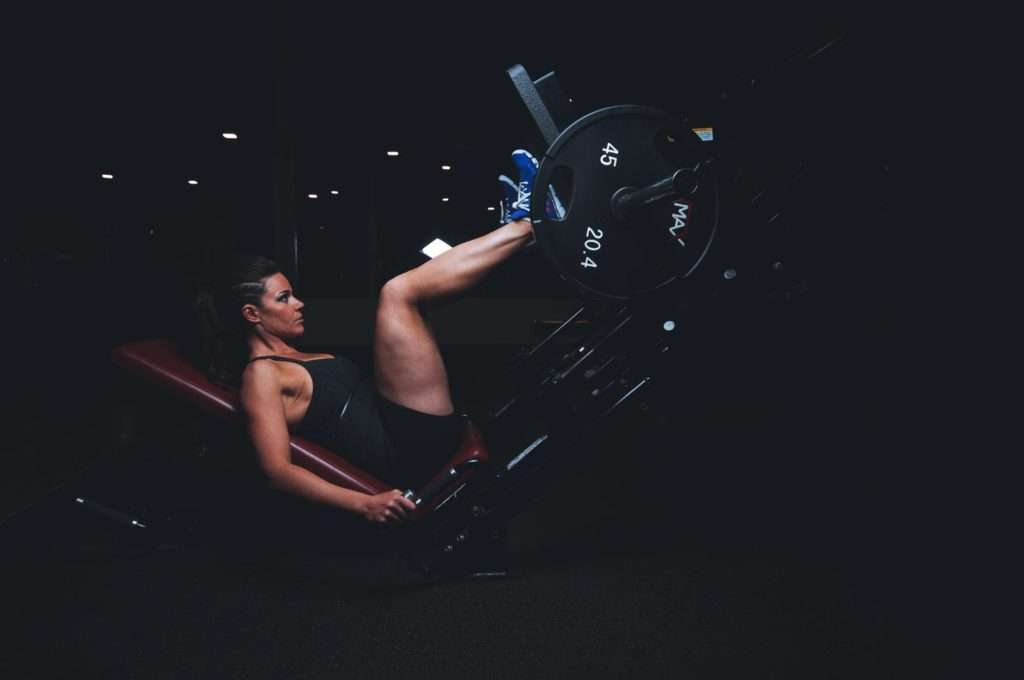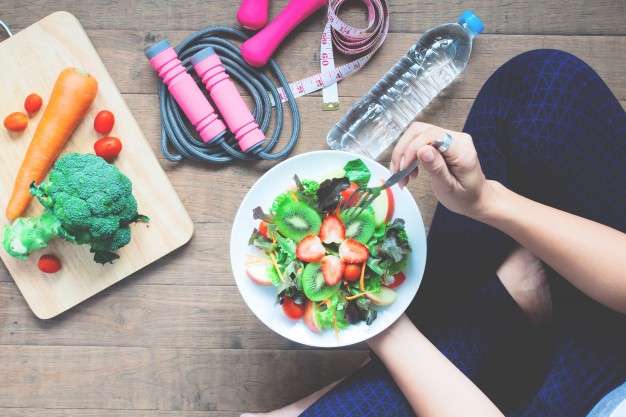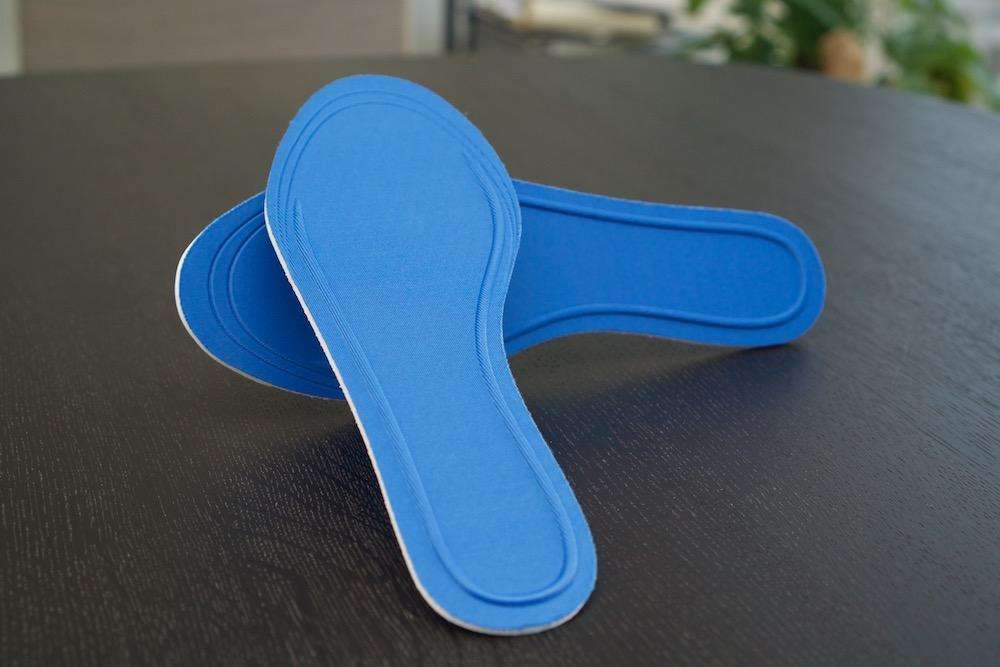Runner’s Diet
How do you know which of the several diets that are often known as “runner’s diet” would work for you?
Runner’s diets are created to give your body the calories it needs to succeed, whether you’re preparing for your first 5K or taking on the Boston Marathon.
They assist you in staying away from the typical traps of overtraining and undereating, which can lead to burnout and weight loss or increase, respectively.
The Basic Rules
You are aware as a runner that what you put into your body has an impact on how well you run. You also understand that every runner is unique and that there is no diet that works for everyone. To ensure they are getting the nutrition they need to perform at their best, runners should adhere to a few simple guidelines.
A Nutritionist Weighs In
Anyone who wishes to run their best must follow a proper diet. However, it might be challenging to choose what to consume given the variety of information available.
We sought a nutritionist’s opinion on the ideal running diet. According to her, it truly depends on the goals you have for yourself as an athlete.
Proteins and carbohydrates should make up the majority of your diet if you want to increase muscle mass and strength.
On the other side, if you want to burn fat and have a high degree of endurance, your diet should consist of healthy fats and low-glycemic carbohydrates like quinoa or sweet potatoes. In either case, athletes shouldn’t skip meals for longer than three hours!
What to Eat Before a Race
It’s crucial to eat items before a race that will provide you with steady energy during the competition.
On the morning of the marathon, complex carbs like oatmeal or whole grain toast are a fantastic option for breakfast.
Focus on lean foods like grilled chicken or fish for lunch and dinner, and eat lots of vegetables. Also, remember to drink plenty of water! In the days proceeding up to your race, make sure you drink plenty of water.
What Not to Eat Before Running
You may have heard that before a race, runners should eat a lot of carbohydrates. But it’s not always a good idea to do that.
A large meal may result in indigestion, which may result in stomach pain and cramps. Additionally, eating too much food can make you feel sluggish and weighed down.
Instead, concentrate on eating wholesome, light meals that will provide you with consistent energy during your run.
What to Eat After Exercise
What you eat after exercise is just as significant as how well you nourish your body before a race. Eating the correct foods will improve your overall wellbeing, offer you energy for your subsequent workout, and aid in the recovery of your muscles.
Here are some suggestions for post-run meals. Fruit: When feasible, consume seasonal, fresh fruit like apples or pears (keep in mind that they are heavy in sugar). Another choice is an orange or a banana. Additionally, dried apricots and raisins go well with oatmeal and yoghurt, respectively.
Soup: Because it is both filling and easy on the stomach, soup is a good choice.While canned soups contain carbs made of wheat or potatoes, hot broth contains a variety of vitamins and minerals. Not all canned soups are healthy, so make your selections carefully!
Pasta: Because carbohydrates give you energy right away, pasta is an excellent option for runners who require more carbohydrates than protein. After a strenuous run, be cautious to avoid spicy foods that could upset your stomach!
Vegan Protein Sources
Vegan protein sources abound and can aid in runner strength and muscle development. Here are a few of the top choices. Firm tofu, hemp seeds, peas, cashews, almonds, peanuts, pistachios, sunflower seeds, pumpkin seeds, and cashews.
Additionally, soy products with high protein content such soy milk and soy yoghurt are available.
Additionally, non-dairy items like almond milk or rice milk, which provide a plant-based substitute for dairy proteins and may be advantageous for people who are lactose intolerant or who choose not to consume
Carbohydrates Are King, But That Doesn’t Mean Everything Else Is Out
Running requires a quick supply of energy, which is why carbohydrates are crucial.
However, consuming too many carbohydrates can result in weight gain.
Whole grains, fruits, and vegetables are good sources of complex carbs for runners.
Additionally, simple carbs like candy, cookies, and cake should be avoided.
Runners also need to make sure they are consuming adequate protein and fat, in addition to carbohydrates.
After a run, protein aids in muscle regeneration, while fat gives off energy and aids in vitamin absorption.
Also Read Healthy Eating Habits 10 benefits of a cardio exercise Surya Namaskar Help You Stay Fit


